LATVIJA.FM
Vizma Belševica: The Poet Who Refused to Be Silenced
Vizma Belševica’s name is written in the quiet defiance of Latvian literature. A poet of rare depth and unwavering moral clarity, she lived through the upheavals of war, Soviet censorship, and personal hardship—yet never surrendered her voice. Her poetry, searing in its honesty and lyrical precision, spoke of the pain of repression and the dignity of the human spirit. From childhood memories to national trauma, Belševica transformed the private into the political. This is the story of a woman who became a conscience for her country, even when it tried to forget itself.
A Childhood Between Shadows and Books
Born in 1931 in Riga’s working-class district of Grīziņkalns, Vizma Belševica came of age at a time when Latvia’s independence was already unraveling. Her father, a baker, struggled with alcoholism, while her mother carried the household with quiet resolve. Despite material hardship, Belševica found refuge in books—devouring everything from Latvian folk tales to the poetry of Rainis. The city streets and its contradictions—beauty and poverty, laughter and struggle—left an indelible imprint on her writing. These early years shaped not only her empathy but also her instinct to listen deeply to what others refused to hear.
Finding Her Voice Amid Ruins
Belševica’s first poems were published when she was still a teenager, just as Latvia was emerging from the devastation of World War II into the grip of Soviet control. The official doctrine of Socialist Realism required literature to serve the state. But even in her early works, Belševica’s lyricism resisted easy slogans. She spoke instead of real emotions, of ethical choices, of the pain buried beneath heroic myths. Her refusal to conform became both her signature and her sentence. In 1971, her books were banned, and her name was scrubbed from public discussion. But her voice was not extinguished—it simply went underground.
The Bille Trilogy: Memory as Resistance
Although best known for her poetry, Belševica’s prose reached a wide audience with the Bille trilogy—Bille (1992), Bille and War (1995), and Bille’s World (1997). These semi-autobiographical novels trace the life of a sensitive girl growing up in 1930s and 1940s Riga. Through Bille’s eyes, readers witness the absurdity of authoritarianism, the cruelty of war, and the quiet endurance of ordinary people. The books are not nostalgic—they are luminous with tenderness but also unflinching in their depiction of loss, betrayal, and the inner resilience of a child trying to make sense of a world falling apart. In many ways, Bille is Latvia’s Anne Frank—a chronicle of innocence under siege.
A Poet of Conscience in a Time of Silence
Belševica’s poetry was often intensely personal, yet never merely private. She wrote about childhood, motherhood, fear, and freedom—but always with an undercurrent of moral urgency. Her banned collection Gadu gredzeni ("Rings of the Years") circulated in samizdat and foreign editions, becoming a symbol of ethical resistance. In an era when compromise was survival, Belševica’s integrity was rare and dangerous. She never joined the Writers’ Union to seek privileges. She never praised the system. For years, she was under surveillance by the KGB. But she remained where she always had been—in the truth.
Rediscovered and Revered
With Latvia’s regained independence in 1991, Belševica was finally recognized as one of the country’s literary giants. Her works were reissued, translated, and taught in schools. She received the Three-Star Order, Latvia’s highest civilian honor. Yet Belševica never became complacent. She remained skeptical of power and alert to the human cost of political decisions. Her poems, stripped of propaganda and pretense, offered clarity in a nation still coming to terms with its past. In her later years, she was not only a poet but a witness—and a reminder of what it means to hold on to one’s conscience.
The Legacy of a Free Mind
Vizma Belševica passed away in 2005, but her voice endures—on bookshelves, in classrooms, in the quiet corners of Latvian memory. Her son, the acclaimed poet and translator Klāvs Elsbergs, died tragically young, but the literary lineage she began continues to inspire. Today, to read Belševica is to be reminded of the cost of silence and the courage it takes to speak. Her work is a lighthouse for Latvia, casting light not only on the past but on what must be preserved in the soul of a free society.
Cover image: Latvian writer and poet Vizma Belševica in 1970-ties by Juris Krieviņš. Available under the Creative Commons Attribution-Share Alike 4.0 International license. Source: Wikimedia Commons.
